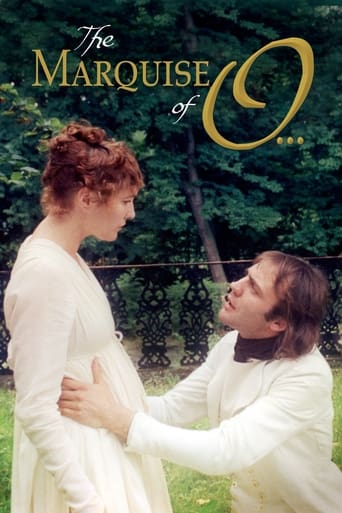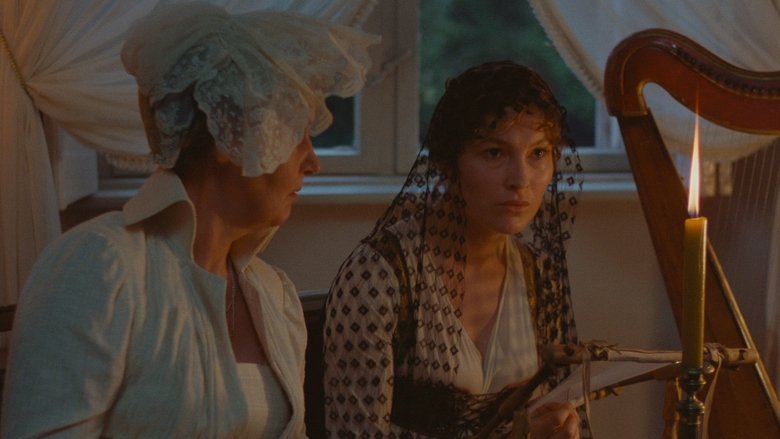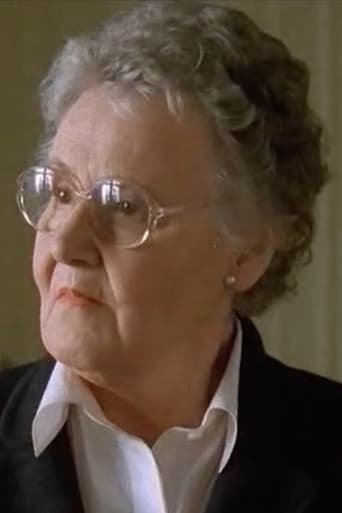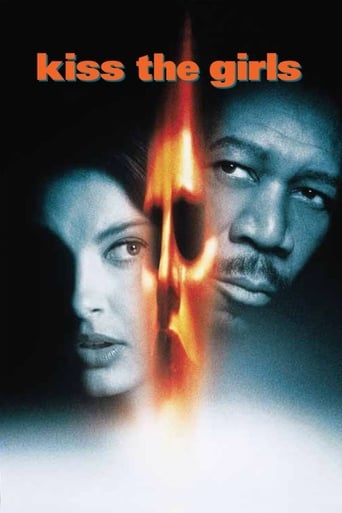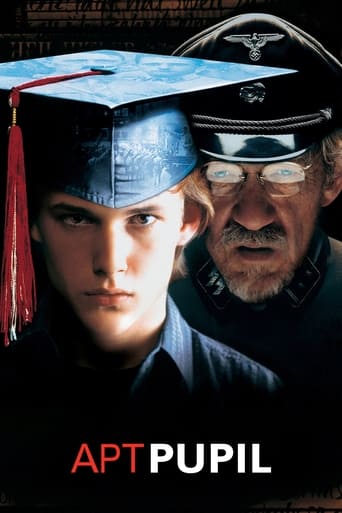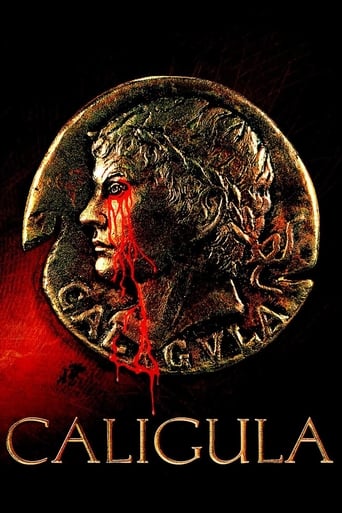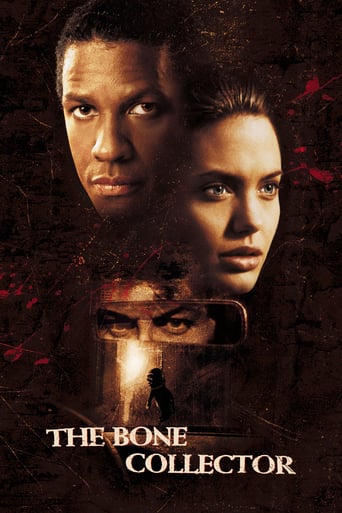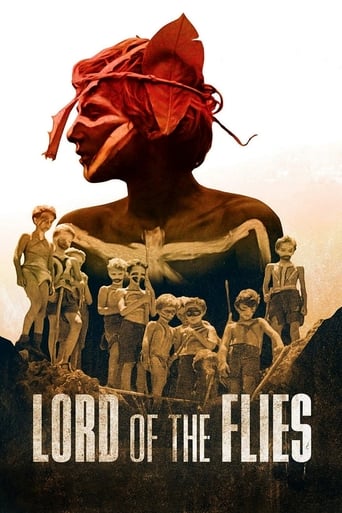The Marquise of O (1976)
A German Marquise has to deal with a pregnancy she cannot explain and an infatuated Russian Count.
Watch Trailer
Free Trial Channels
Cast


Similar titles
Reviews
Too much about the plot just didn't add up, the writing was bad, some of the scenes were cringey and awkward,
It's the kind of movie you'll want to see a second time with someone who hasn't seen it yet, to remember what it was like to watch it for the first time.
The movie's neither hopeful in contrived ways, nor hopeless in different contrived ways. Somehow it manages to be wonderful
Exactly the movie you think it is, but not the movie you want it to be.
"Die Marquise von O..." or "The Marquise of O" is a co-production between West Germany and France from 1976, so this one has its 40th anniversary this year. The cast is almost exclusively German, but the writer and director is Éric Rohmer which explains the French involvement. Rohmer was in his 50s at that point and already an Oscar nominee. His 100-minute movie here was based on a Heinrich von Kleist story and is certainly among the writer's most known adaptations in film. I will not mention all the actors in here in detail as you can see them in the cast list, but it can be said that lead actress Edith Clever who plays the title character for a German Film Award for her performance here and so did her male co-lead Bruno Ganz for whom it was the big breakthrough as an actor and he worked with Herzog, Wenders and many other prestigious filmmakers in the years to come. This movie here received lots of awards attention, probably also because German period pieces are really nothing you get to see that frequently.Most of this praise and awards recognition (also like the BAFTA win) had to do with the technical side of the film and also the visual side and I would agree that costumes, sets and cinematography are those areas where the film works the best. Or I could also say "only areas where it works" as I personally was not impressed at all by the viewing. Clever was not really memorable as the main character and being a big Ganz fan, I was disappointed by how he went over-the-top with his performance on some occasion. The costumes gave him enough showiness already and I hoped for more quiet subtlety. Also I felt that Rohmer's story here just wasn't enough for 100 minutes and that he stretched the few crucial plot points )pregnancy, relationship between the two protagonists) until they became really uninteresting to watch from the perspective of the audience. I am very much baffled by this film's success. I cannot deny it. I have not seen (enough) other stuff by Rohmer, which is why I am still undecided if the maker is the problem here or just the subject. But I do know for sure that I cannot recommend the watch here. Thumbs down from me and admittedly I will say that period pieces have never been my favorite genre of film, but still there are more than just a few that I consider superior to this one. Watch something else instead.
I hadn't ever seen a rape comedy before, but after my first viewing of The Marquise of O I have to admit that that is, indeed, what I have seen... and it made me laugh sometimes and sit, in horror, others. I hope you understand, before you question my moral or intellectual composure, that I try as often as possible to take films and characters seriously within their own context. I am that guy that gets angry when people laugh in movies like 2001: A Space Odyssey and There Will Be Blood, and yet The Marquise of O seemed somehow different. I wasn't the only one laughing in the theater.The premise is simple, provided you live within the mindset of an early 19th century aristocrat (there lies the comedy): a Russian Lieutenant, in the midst of battle against the Germans, saves the German Commander's daughter from being raped by his own troops, only to rape her in her room later in the night after she has taken a sleeping potion. This is only implied, but the rest of the film will consist of the Russian Lieutenant making strange and semi-obvious attempts to somehow right his own wrong, as The Marquise struggles to understand and deal with her seemingly random pregnancy.I can only imagine that, to Eric Rohmer, this story must have represented the absurdity of the times, and he makes no attempt to sugar coat it or even explain it to the audience. From the incredibly polite beginning battle sequence to the awkward incestuous displays of affection, you are forced to accept what seems to you to be ridiculous circumstances... Then comes the reaction to her pregnancy: a long scene in which you simultaneously connect with, feel, and understand her pain, while giggling at the wild opinions and questions that ensue. To us, her pain is real, but her life seems fake, even though it has been real at one point.It helps that the film is played straight and acted beautifully. As always, Rohmer has a perfect eye, and many others have pointed out Nestor Almendros's cinematography, which enlightens the already hypnotic imagery. I suggest you check it out if this all sounds good to you. I hope I didn't offend anyone, but this film is so strange I feel it has to be talked about.
This Franco-German co production is the weakest of Rohmer's historical movies (a group of films that includes such accomplished works as The Lady and the Duke, Perceval, and Triple Agent), perhaps because its subject matter seems hopelessly dated. Based on a novel by Heinrich Von Kleist and set during the Napoleonic wars, it tells the tale of a young marquise rescued during an assault to his estate by a brooding count (a young Bruno Ganz). Unfortunately, from that brief encounter the marquise gets pregnant, a huge problem during that time and on account of her position in society. Aside from a dated central conflict, the film is also dull and static, without the redeeming dialogue and interaction between the actors that one sees in other Rohmer films. The director, by the way, plays an amusing cameo as a French general.
Spoilers herein.Greens and ochres. Germans and Russians. The expected disguised as mystery. I am beginning to appreciate the profound power that films have to define life today. I became interested in this film for two reasons. (It is my initial Rohmer.) The first is that it is about the influence of image on society using modern film but set in a time before film images had any power. So the images are from painting. Rohmer is a film intellectual, perhaps so aggressively so the term has no meaning. At any rate, I knew what he intended this film to be about: ideals, film and consequences.The second reason this got bumped up on my list is because I admire Greenaway's ideas on vision and soul. And HIS list of the ten best films includes this one! I can definitely see why superficially. This is a very paintery experience: extremely composed. Every action has physical grace which defines the story: one can easily watch it with no sound.The story is in the manner of a German Austen adapted for the stage -- it is a little too `Bulwer-Lytton'-ish for my taste, and Greenaway's too to judge by `Draughtsman's Contract.' The camera is in the manner recently seen in `Mood for Love.' Languid.

